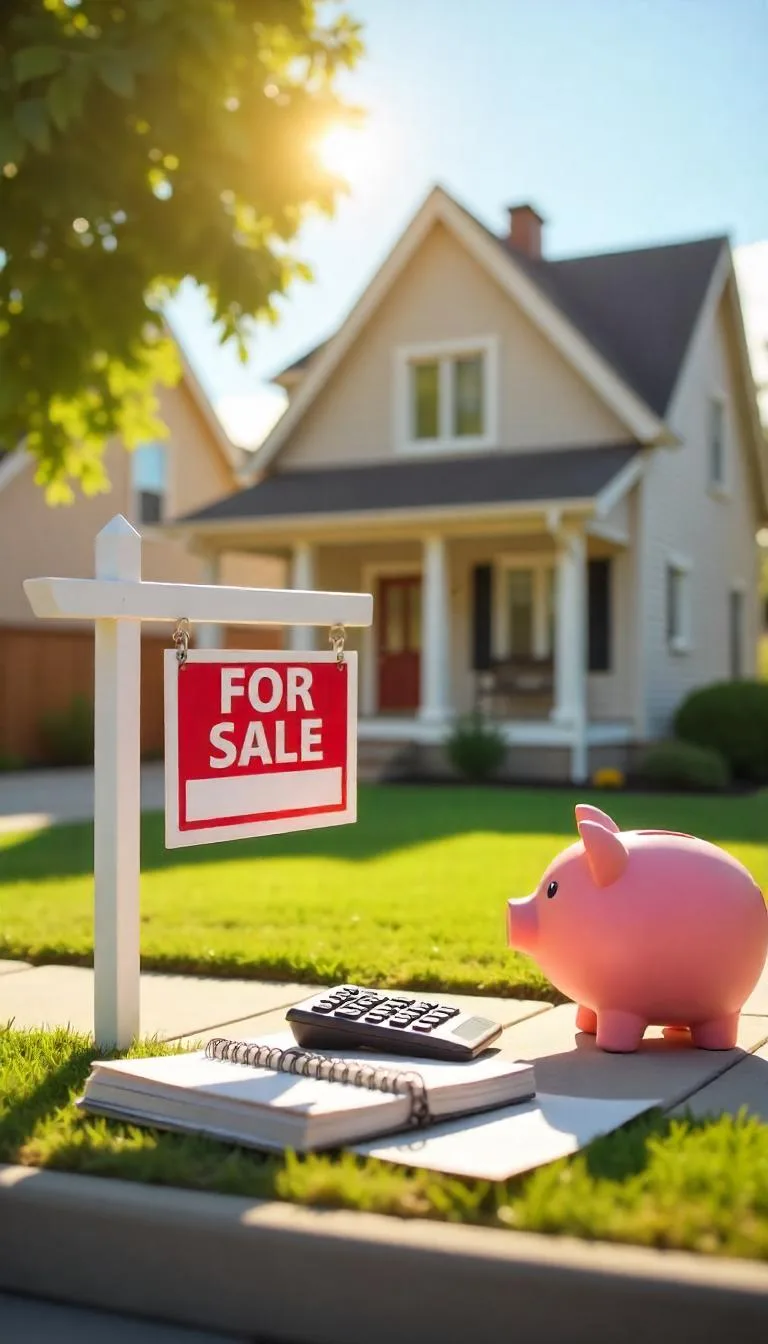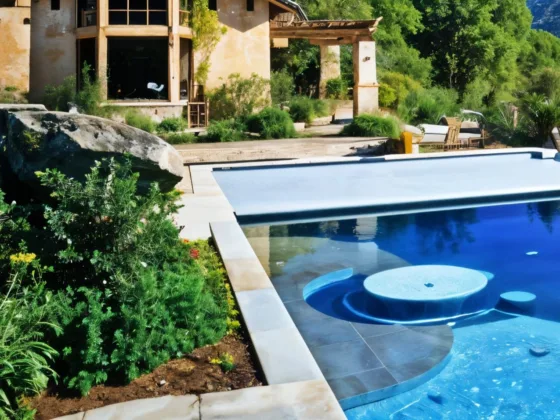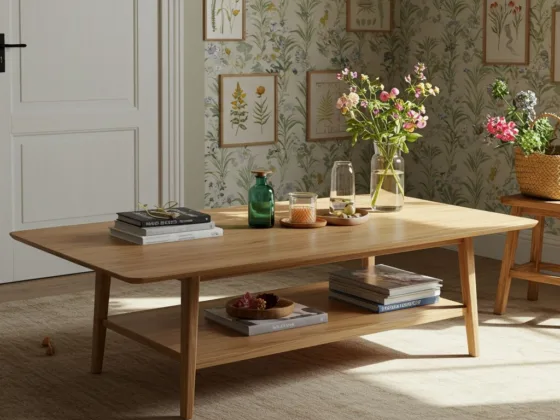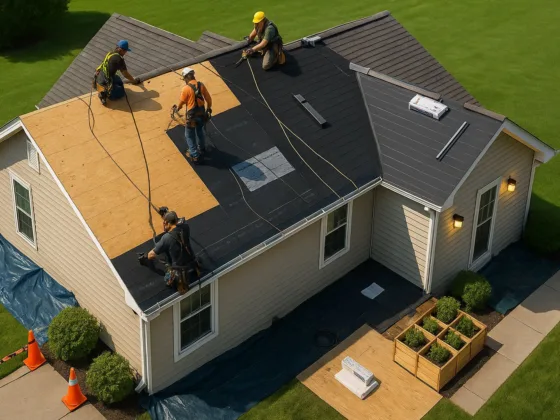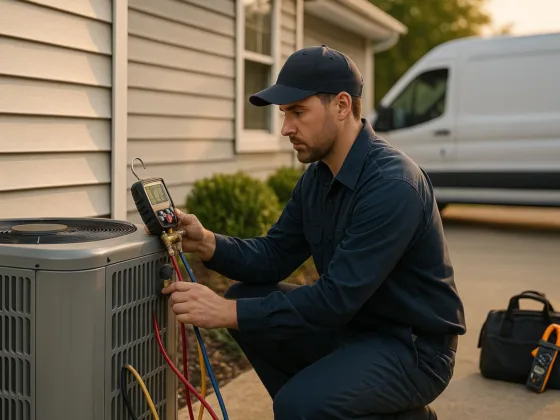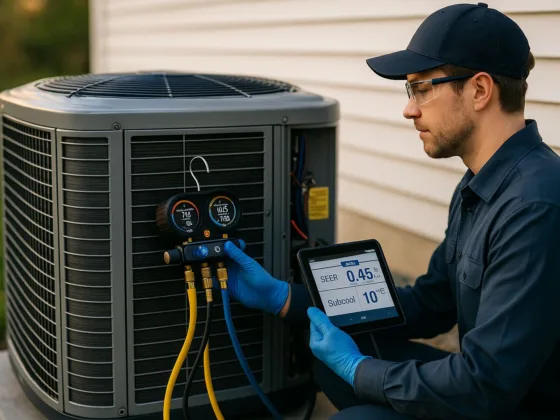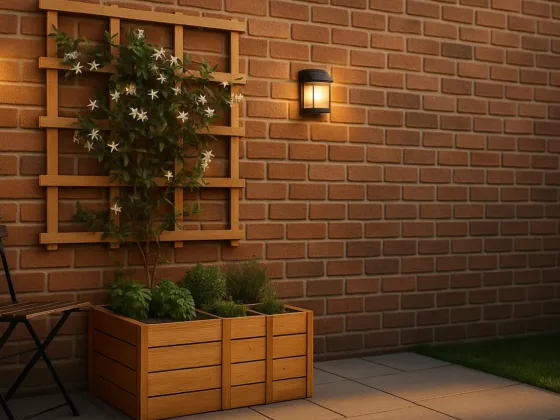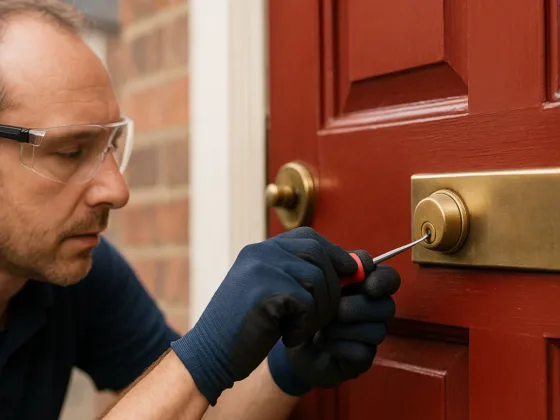Table of Contents Show
Worried that buying a home might leave your bank account running on empty? You’re not alone. Between rising home prices, hidden fees, and the pressure to “buy now,” it’s no wonder many buyers end up house-poor right after closing. But here’s the good news: you can absolutely buy a home without draining your savings or living on a tightrope. It just takes planning, self-awareness, and a few smart strategies along the way.
Let’s break down how to make it happen.
1. Set a Realistic Budget
When a lender tells you what you’re approved for, take it as a limit, not a suggestion. The number is based on formulas, not your day-to-day life or personal comfort. To stay financially balanced, aim to keep your total monthly housing costs (mortgage, insurance, taxes, and any HOA fees) under 30% of your gross monthly income. This ensures you still have room for savings, retirement contributions, travel, and everything else that makes life enjoyable.
Ask yourself: If my income dipped or an emergency came up, would this mortgage still feel manageable? If not, consider looking at lower price points.
2. Save Beyond the Down Payment
Most people know they need to save for a down payment, typically between 3% and 20% of the home’s price. But that’s just the start. You’ll also need to budget for:
- Closing costs
- Moving expenses
- Utility deposits
- Furniture or repairs
- Homeowners insurance and property taxes
And don’t forget to maintain or build an emergency fund. A broken water heater or roof repair can hit hard if you’re already stretched thin. Aim to have at least 3–6 months’ worth of living expenses saved after your purchase to stay financially safe.
3. Be a Strategic Shopper
It’s easy to fall in love with a dream kitchen or big backyard, but if you want to avoid financial regret, focus on needs over wants.
That doesn’t mean you should settle, it just means being smart about what matters most. Prioritize things like location, school districts, structural integrity, and long-term value. Be flexible on finishes and cosmetic features that you can improve later. Sometimes, the best deals come from homes with good bones and outdated paint.
Also, be strategic about who you work with. A discount real estate agent offers the same professional services as traditional agents, but they return a portion of their commission to you after closing. That rebate can be used toward closing costs, repairs, or even back into savings, giving you more financial breathing room from the start.
4. Never Skip the Inspection
In a hot market, some buyers are tempted to waive inspections to make their offers more attractive. But skipping the inspection can lead to massive costs later, especially if hidden issues like old wiring or plumbing issues are discovered after you move in.
A home inspection is one of the most valuable investments you can make. It gives you the information to negotiate repairs, back out of a bad deal, or plan for future upgrades. When you’re trying to buy without going broke, knowledge is protection. Don’t cut corners here.
5. Budget for Life After Closing
The costs don’t stop once the keys are in your hand. From lawn care and property taxes to seasonal maintenance and appliance replacement, homeownership brings ongoing financial responsibilities.
Take time to map out your post-purchase budget. What will your new monthly expenses be? Will you need to buy a washer and dryer, furnish extra rooms, or make upgrades over time?
It’s easy to overspend during those first few months, especially after a major life change. Create a plan for pacing your purchases and rebuilding your savings once you’ve settled in.
Make Your Move, Wisely
Buying a home doesn’t have to mean wiping out your savings or living paycheck to paycheck. When you focus on what you can truly afford, save intentionally, and make smart decisions along the way, you can land the keys without losing your financial footing. The goal isn’t just to buy a home. It’s to buy one wisely and still have the freedom to enjoy it.
FAQs
Begin by analyzing your monthly expenses, income, and savings to get a sense of your financial situation. Estimate your possible monthly payments using a mortgage calculator depending on various house values and interest rates. To create a realistic budget, also take into account other homeownership expenses including insurance, property taxes, and upkeep.
Keep to a budget including only what you can reasonably afford depending on your present financial situation to prevent overextending yourself financially. Strive for a mortgage payment not exceeding 28% of your monthly gross revenue. Make sure you also have an emergency fund in place for unforeseen housing expenditures.
Common financial mistakes include failing to obtain mortgage pre-approval, ignoring all other expenses related with homeownership (such as closing costs and maintenance), and hurrying into a buy without thorough market analysis. If necessary, be sure to take your time, carry out appropriate due diligence, and speak with financial advisors.

